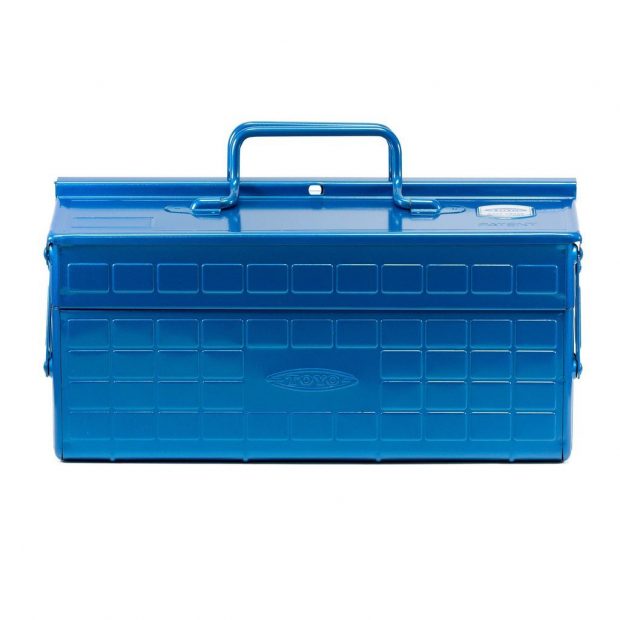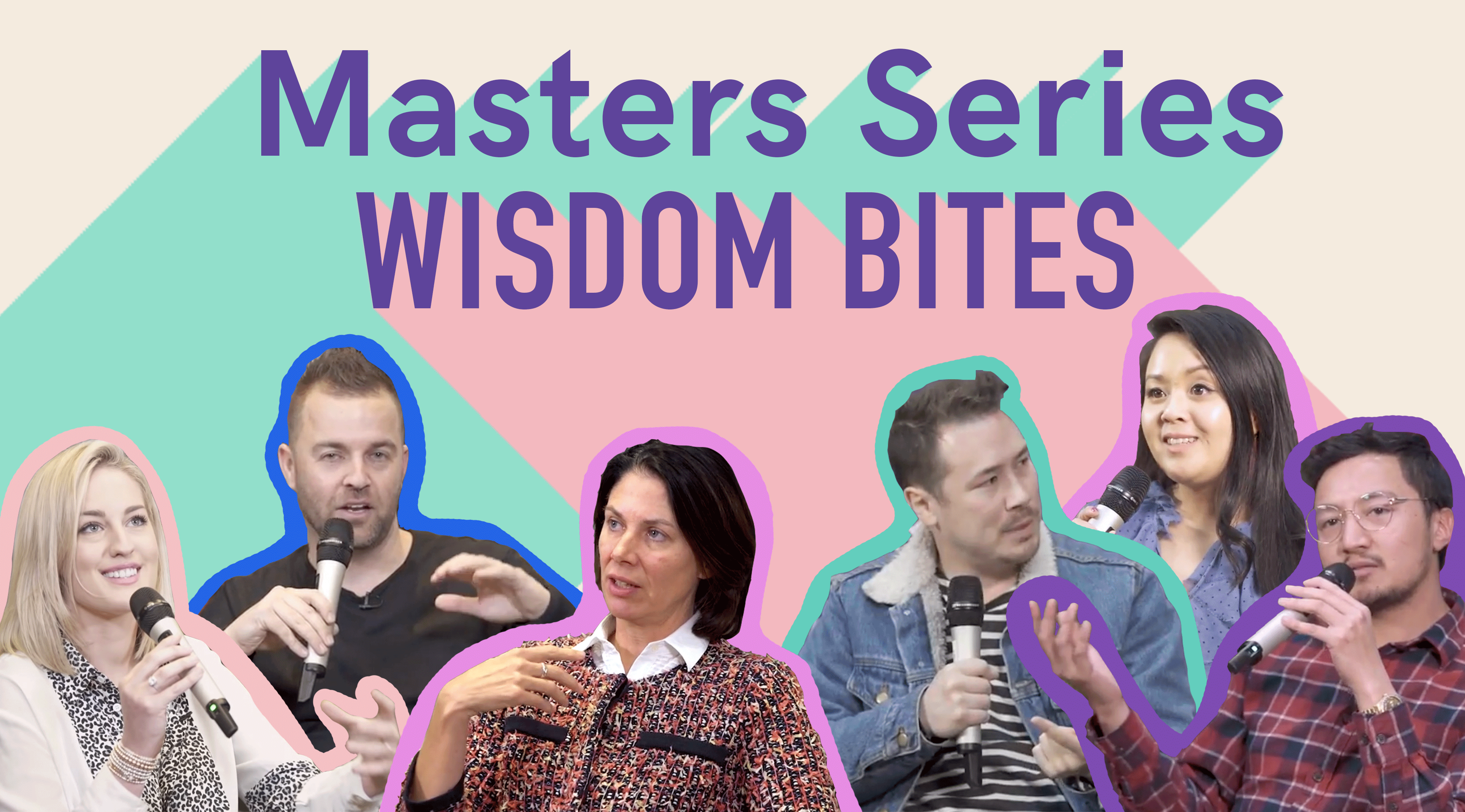
One thing I have learned is that for the most part, people express the same idea but they express it in many different ways and with many different words. It is the details in the expression, the words, and combination of words used, that give a story its colour, its texture, and brings it–and its lessons–to life.
We are unique combinations of our beliefs, values and life experiences. Differences notwithstanding, we, and our experiences, are important. Therefore, there is value in compiling and sharing these stories and the multitude of ways in which ideas are expressed. Combined, these stories weave a wonderful tapestry that exemplifies just how rich and beautiful life can be.
And who knows? An inadvertent remark or detail in the retelling of a story can stand to attention and have an impact in the world of a reader. And with that exciting possibility, perhaps the most valuable thing I can do is create the space where the stories of those whom I admire and respect can be shared.
Below are people that I have come across on my own life journey whom I deeply admire and respect. Whether it be their tenacity or courage, or relentless drive or passion, each individual generously reveals a different lens in response to the questions I regularly pepper them with.
As we continue on our sharing over this anthology, I will share tidbits and anecdotes as to why I hold them in such high esteem, and what I love most about them. In turn, I hope that you do too.
What is failure in its greatest sense?
Failure to me means not taking that risk at all

Adam Massaro, Partner at Akerman LLP. Denver, Colorado.
Failure to me doesn’t mean taking a risk and not achieving the desired outcome. Failure to me means not taking that risk at all.
When you embrace risk, you have the opportunity of learning something invaluable about yourself (or others).
Failure, therefore, is knowing that you had the opportunity to move forward or fix a problem, but not taking the steps to do so.
Failure is not living your days the way you want to live your life

Arnie Malham, Founder and President of BetterBookClub.com, Author and Speaker at Worth Doing Wrong. Nashville, Tennessee.
To look back on life (at any age) and realize you have more money than friends, more regrets than adventures, or more hate than love might all singularly qualify as failure. From my perspective, the culmination of all three might be the trifecta of failure in the game of life.
But life comes at you fast and failure on a daily basis might not be so easy to spot in ourselves. I’d submit the argument that failure, much like success, accumulates over time. It accumulates in the seemingly small daily choices of life. Our diet and exercise (#YoungerNextYear), our reading and conversations (#CompoundEffect), and how we prioritize our most valuable asset, our attention (#Indistractable).
The uncomfortable truth is this: how we live our days is how we live our lives. Therefore, failure is not living your days the way you want to live your life.
Failure is not living a life with intentionality

Finnian Kelly, Founder of Intentionality, Inc., International Keynote Speaker, Area Director for Entrepreneurs Organization. Aspen, Colorado
Failure is not living a life with intentionality but living a life by the conditioned state of your societal, cultural and familial influences. Failure is when you operate in a default mode and where you don’t fully live in the present and enjoy the wonder that is life.
No success in life can compensate for failure in the home

Kym Huynh. Founder at WeTeachMe, Former President at Entrepreneurs’ Organization. Melbourne, Australia.
I am of the belief that no success in life can compensate for failure in the home.
The wonderful thing about life is that we have agency i.e., that we have the ability to choose, to craft a vision or determine our destination, to make intentional decisions that move us closer to our vision or destination, to reflect, learn and course-correct as we go, and to hopefully one day be at a place where we are at peace with our past, content with our present, and hopeful for our future.
Therefore, I suggest that life is not chance, but premeditation.
And with the basis that no success in life can compensate for failure in the home, we have within us the ability to build connected and successful families by giving the following: (1) love; (2) dedication; (3) patience; (4) sacrifice; (5) service; and (6) commitment.
P.S. Having a successful family is infinitely more fun than having a successful business.
Failure in its greatest sense is not trying, not starting that business, not approaching your crush, and not giving your idea an honest try

Randall Hartman, Founder at GROUNDWRK. Denver, Colorado.
One hears a lot of gobbledygook about failure in nearly every business success story and inspirational speaking event etc. For example: “My failures taught me insert-important-business-lesson),” or, “My failures made me the person I am today.”
In my opinion, failure in its greatest sense is not trying, not starting that business, not approaching your crush, and not giving your idea an honest try. The inaction is something you live with for the rest of your life and may be one of your greatest regrets when it’s too late.
If you are not failing you are not growing. I think this is particularly true for entrepreneurs.

Richard J Bryan, Founder at The Bryan Group Inc., Keynote Speaker and Author. Denver, Colorado.
I like the quote by Richard Branson, “If you are not failing you are not growing”. I think this is particularly true for entrepreneurs.
I remember needing to close a loss-making business and lay off all the staff in my home town of Bristol when I was 28. It was a harsh lesson about what can happen if one gets things wrong, but I learned a huge amount in the process that made me stronger going forward.
Failure is to not be the best to the people I care about, to never discover what my personal potential is, and to let happiness elude me in lieu of ego-driven activities

Ross Drakes, Founder and Creative Director at Nicework, President at Entrepreneurs’ Organization, Keynote Speaker, Host of One More Question Podcast. Johannesburg, South Africa.
The first is to not be the best to the people who I care about. So often we get distracted and stressed and take it out on those people who matter the most. Family and friends should not pick up the burden of the business.
The second is to never discover what my personal potential is. I am not talking about living to the standards of others but to live to ones that I myself define.
The first is to let happiness elude me in lieu of ego-driven activities.
It’s when we neglect the ability to reframe the negative as opportunities for insight and inspiration that we fail

Stu Swineford, Founder at Relish Studio, President at Anabliss, Partner at Forty105 LLC. Denver, Colorado.
Failure is not living up to one’s full potential, and accepting setbacks as permanent. Every moment holds opportunity for growth and discovery. It’s when we neglect the ability to reframe the negative as opportunities for insight and inspiration that we fail.
What do you think?
Do you agree or violently disagree with anything shared in this article? Or do you have any of your own stories that you want to share? Pop them in the comments and I will personally reply.
Call to action
My goal is to help 1,000,000 people. My wish is to have these articles shared 1,000,000 times through the various social networks. For this reason, I provide this collection online for free and all I ask of you is this: If any of these articles have helped you in any way, please take a moment to share on social media, email to someone you think will find benefit, or print and leave it on the desk of someone whom you believe has the motivation, but lacks the tools to take themselves to the next level.
Don’t miss out on any new articles. Subscribe via email using the form at the bottom of this post and I’ll have the articles delivered straight to your inbox. Alternatively, you can also follow me on my various social media accounts: Facebook, Instagram, LinkedIn, and Twitter.




























